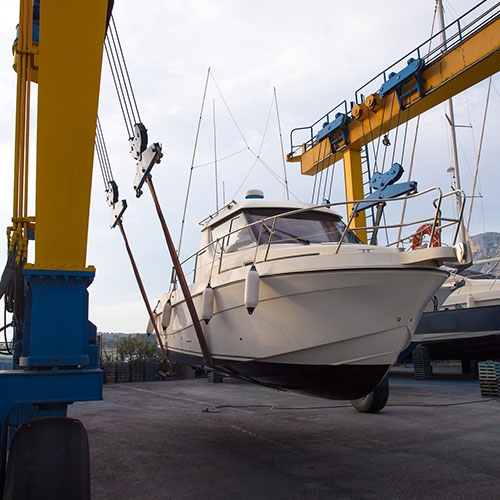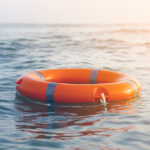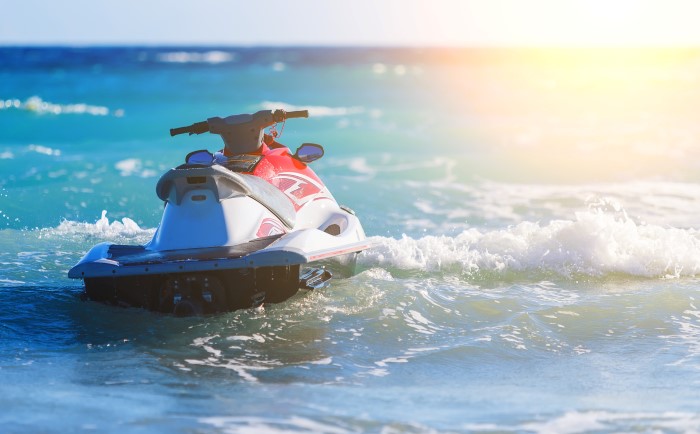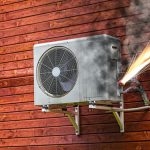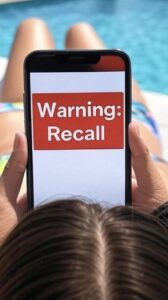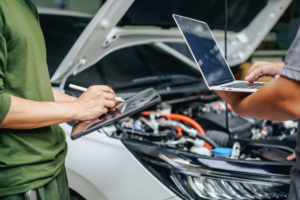Spring has sprung and hopefully COVID is behind us. It is time to go recreational boating.
This week, the U.S. Coast Guard Office of Boating Safety will hold its National Boating Safety Advisory Committee meeting in Annapolis, Maryland (https://uscgboating.org/NBSAC/index.php).
This is an opportune time to discuss some industry best practices for de-winterizing your boat. See below recommendations provided by the Take Me Fishing website:
https://www.takemefishing.org/blog/may-2015/don’t-forget-these-5-things-when-de-winterizing-a/
1. Inspect all life jackets and safety equipment. Check to make sure you have the proper number of life jackets and functioning safety equipment on board given the number of anticipated passengers. Inspect each life jacket, checking for torn straps and broken zippers or buckles. Check all safety equipment, such as flares or air horns, so you know the equipment will work properly in the event of an emergency.
2. Test your electronics. Before you take your boat out for the first trip of the season, check your radio, GPS, depth finder, and all other marine electronics to be certain all electronics are functioning as they should be.
3. Replace your fluids. Check your boat owner's manual and purchase all of the fluids you’ll need to replace before you begin to go through the de-winterizing process. For example, you will need to flush the cooling system and replace old antifreeze with equal parts of water and new coolant.
4. Charge and clean your boat batteries. Use a battery tester to check the voltage. If your battery isn't holding a charge, it should be replaced. If your battery is holding a charge, clean the battery connections and make sure the connections are tight.
5. Check the fuel line for cracks. Fuel lines can occasionally crack from cold winter temperatures or simply due to aging, so always inspect the lines thoroughly when going through the de-winterizing process. This is also a good time to change the fuel filter if you didn't change the filter prior to storing the boat for the winter.
CED has expertise in not only forensic engineering and accident reconstruction but also marine expertise. When CED gets involved in a marine claim or accident investigation, our forensic engineers and marine experts uncover contributing factors to determine how safety may have been compromised. For more information – visit us on the web at www.cedtechnologies.com.
